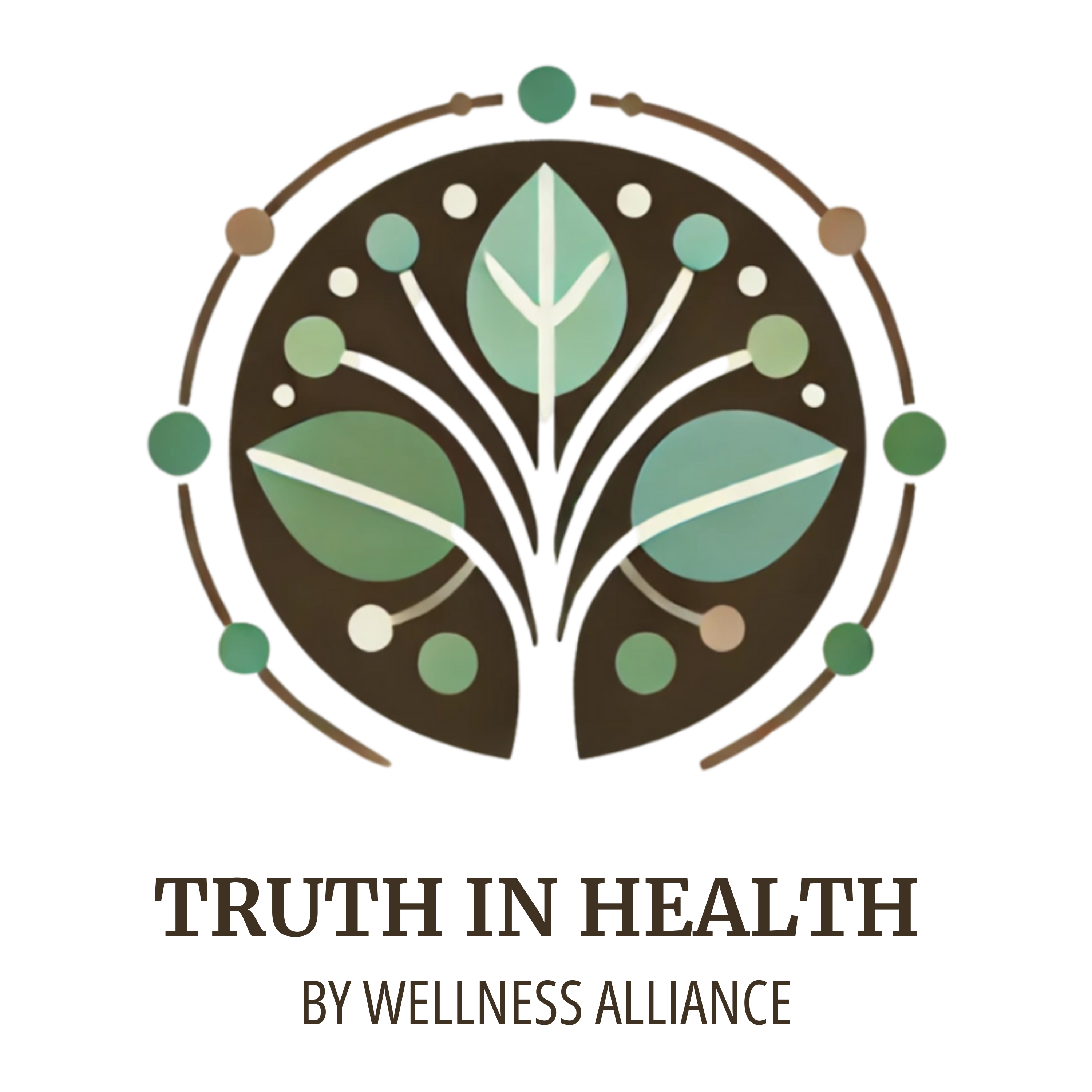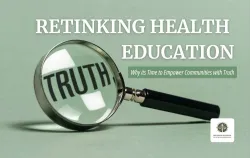The Health Literacy Crisis
Most people don’t know how their bodies actually work. And it’s not because they don’t care — it’s because they’ve never been taught in a way that is empowering, clear, and free from industry bias.
From early childhood to adulthood, "health education" in America often means memorizing anatomy or being told to "ask your doctor." It rarely means understanding root causes, food as medicine, environmental toxins, or the body’s natural regulatory systems like the endocannabinoid system (ECS).
This gap in knowledge isn't just unfortunate. It's harmful.
What's Broken in Traditional Health Education
The mainstream model of health education:
- Centers disease over prevention: It prepares people to manage symptoms, not build resilience.
- Is shaped by industry influence: From food lobbyists to pharmaceutical ads, the information is often filtered through profit-driven agendas.
- Ignores natural healing modalities: Nutrition, breathwork, movement, herbs, and energy work are left out entirely.
- Lacks accessibility: Medical terms, complex language, and one-size-fits-all advice alienate the average person.
- Doesn’t honor cultural or ancestral knowledge: It often erases traditional wisdom and lived experience.
This has created a population that is over-medicated, confused, and disconnected from their own health potential.
A New Model: Community-Led Wellness Education
The solution isn’t just more information — it’s better education rooted in truth, context, and empowerment.
The Wellness Alliance: Truth In Health Association believes education should be:
- Grounded in real-world application: Not theory, but what works in daily life.
- Delivered by trusted professionals and community members: Including naturopaths, midwives, herbalists, health coaches, and more.
- Inclusive of all healing traditions: Western, Eastern, Indigenous, and beyond.
- Focused on self-knowledge and sovereignty: Teaching people to observe, trust, and care for their own bodies.
"We’re not anti-doctor. We’re pro-education, pro-options, and pro-community."
How the Wellness Alliance is Leading the Change
Our nonprofit network is made up of holistic professionals, advocates, educators, and healers who are committed to bridging the gap in health literacy. Here’s how:
- Monthly Networking Events: Featuring expert speakers on policy, functional wellness, trauma-informed care, and more.
- Podcast: Truth in Health: Conversations with leaders in integrative health sharing what’s working and what’s not.
- Mobile Wellness Clinics: Bringing education, scans, and product access directly to communities in need.
- Free Public Resources: Downloadable guides, live Q&As, video clips, and infographics.
- Volunteer-Led Committees: Focused on outreach, education, legislation, and professional development.
Our goal isn’t to compete with medical institutions. It’s to collaborate where possible and fill in the gaps where mainstream care falls short.
What You Can Do To Help
Whether you're a practitioner, teacher, parent, or simply someone who cares about your community's health, there is a place for you in this movement:
- Join the Wellness Alliance and receive news, events, and tools you can share.
- Apply to become a speaker or blog contributor and share your knowledge.
- Host an educational event or mobile clinic in your area.
- Sponsor our efforts to keep education accessible and free for all.
- Refer colleagues and patients to a growing statewide network of trusted, heart-led professionals.
"When we educate one, we empower many."
Conclusion: Education is the First Step Toward Wellness
If we want healthier communities, we need to start with informed ones.
By rethinking what health education looks like, who delivers it, and how it reaches people, we can build a future where wellness is not a privilege — it's a shared, community-driven priority.
Let’s stop gatekeeping knowledge. Let’s start building bridges.
📩 Ready to be part of the shift?

